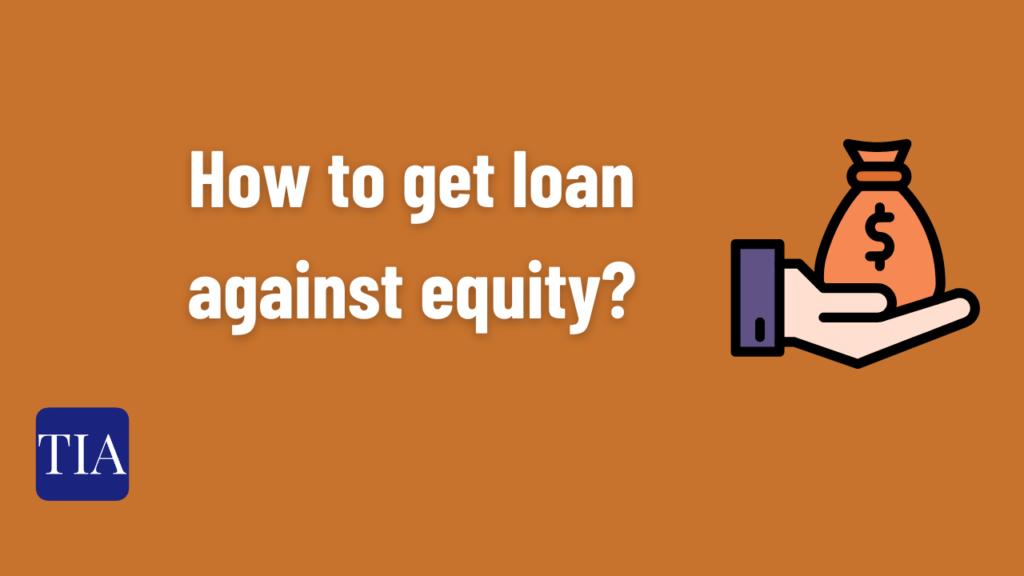Do you know you can leverage your securities to get a loan against assets? This is exactly what we are going to share to avail a loan on your securities, such as equity shares, gold, fixed deposits, mutual funds, & insurance. You know everyone requires financial assistance at some point in life. But worry not, you can always look for asset-based loans. They are a reliable source of funding for both businesses and individuals. They are great for achieving financial goals; you can rely on them without sacrificing your dreams.
This blog looks into the bigger picture, where you’ll understand asset-based lending. Along with various kinds of assets like gold, FDs, stocks, mutual funds, etc. We also have bonus tips for borrowers who are planning to get a loan against their assets. Let’s do a deep dive to learn more.
Table of Contents

Defining Loan Against Assets
Asset-based lending, or loan against assets, is when you borrow money and offer something valuable you own. Home, gold, property, etc can be given as collateral by the lender. Here’s how the process between the lender and the borrower works:-
Step 1: First is the evaluation of your assets by the lender. He assesses your land, investments, gold, etc.
Step 2: Then comes the agreement. As a borrower, you agree to use your assets as collateral.
Step 3: Thirdly, once the lender has agreed, they are likely to offer you a loan after evaluating your asset.
Step 4: You need to repay your loan timely. Failing to do so will cause you lose your assets to the borrower.
Types Of Assets You Can Loan Against Assets
After understanding asset-based lending, it’s time to gear up the notch a little bit higher. We’ll now deep-dive to understand the various types of assets in-depth. This will be useful for businesses and individuals to use loans to achieve their financial goals.
Loan Against Bond
In this process, you can borrow money by using bonds. Depending on the bond’s value, the loan amount is decided. The main benefit of a loan against bonds is that the lender gets low interest rates along with security.
Loan Against equity or stock share
You can secure a loan using your shares or stocks as security. The loan amount is determined by the market value of your shares, allowing you to access funds while keeping ownership. You can get a loan up to 50% of the current value of your share. This type of loan can be flexible, with options to borrow against a portion of your shares or the entire portfolio.
Loan Against FD
You can obtain a loan against your fixed deposit, using it as collateral, which is called an overdraft. In an overdraft facility, you will get an 80% credit line as leverage. This lets you access funds quickly without having to prematurely break your deposit. Since the fixed deposit serves as security, lenders may offer favourable interest rates and terms for this type of loan.
Loan Against Gold
Based on the value of the gold, one can use their gold assets for a loan. It’s an ideal method to get funds through gold. This loan can be processed faster than other loans in case of urgent financial matters.
Loan Against Property
This is a type where you give your property as collateral. The loan amount is based on property value. They usually have long repayment periods and are sufficient to meet diverse financial needs. They also have low-interest rates, making them ideal for huge expenses like schooling or home renovations. That can consider a good idea to get loans against property assets.
Tips To Bear In Mind While Taking Loans Against Assets As A Borrower
- Valuation Check: Check the actual value of your assets in different places. Make sure to get the best terms while taking the loan.
- Repayment Plan: Come up with a proper repayment plan. Analyze your expenses so that you can avoid the repayment hassle and upcoming risks.
- Asset Protection: Make sure you protect your assets from any future risks. Risks could include insurance coverage or investment portfolio diversification
- Understand Risks: Do proper market research and have a contingency plan in place if things don’t work out.